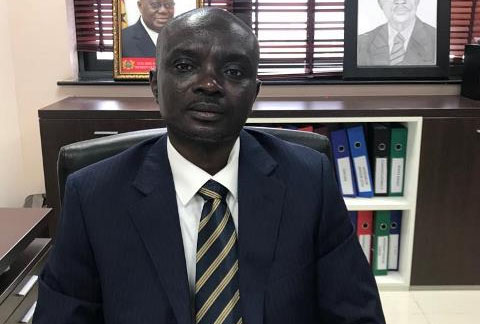Ebenezer Kojo Kum
Religious and Chieftaincy Affairs Minister-designate, Ebenezer Kojo Kum, has proposed the use of a DNA genealogy database to help address chieftaincy succession disputes in the country.
According to him, ascertaining the eligibility and legitimate right of claimants to a throne has been a source of conflict for many years, and he therefore wants to scale up the efforts of the National House of Chiefs (NHC) to maintain peace and avoid concomitant conflict in the selection of chiefs.
Ghana is often seen as the beacon of peace in Africa; however, chieftaincy dispute is dotted in many parts of the country which come about as a result of succession for traditional political power.
This, Mr. Kum, who is the NPP Member of Parliament (MP) for Ahanta West, said he was determined to work with the NHC to deal with it through documentation of royal family history and investigation of ancestry by employing DNA genealogy technology.
Taking his turn at the public vetting of the Appointments Committee of Parliament on Friday, the minister-designate said, “Already the NHC has started the process of documenting the various successions to the stools and skins.”
He indicated that when his appointment was approved he intended to take the action of the NHC to “another level” and if possible, to “introduce a DNA genealogy database that would complement what was already being used.”
“Currently, you have to trace your family tree to find who has a legitimate right to occupy a stool or skin. With this kind of collaboration, there can be some certainty as to which individuals are eligible to contest some of these stools and skins as and when they become vacant,” the nominee stated.
The Minister-designate said 270 out of 325 chieftaincy disputes in the country were resolved during the tenure of his predecessor.
On the National Cathedral, he disclosed that the government had offered $25million as seed money for the construction of the planned interdenominational Christian cathedral to be built in the nation’s capital, Accra, as part of Ghana’s 60th anniversary celebrations.
The cathedral building is said to draw inspiration from both Christian symbolism and Ghanaian heritage and will be a celebration of religion, culture and local tradition.
Conceived as a physical embodiment of unity, harmony and spirituality, the Cathedral would be the nation’s ceremonial landmark, Ghana’s mother Church, where all denominations were welcomed to gather, worship and celebrate in spiritual accord, the planning committee said.
By Ernest Kofi Adu


